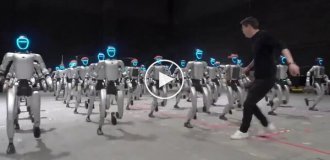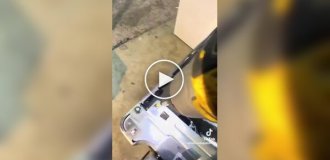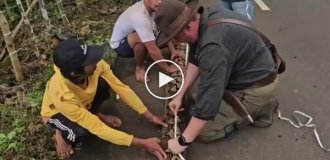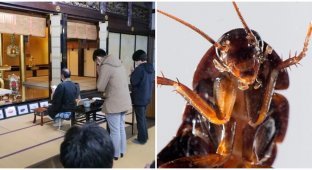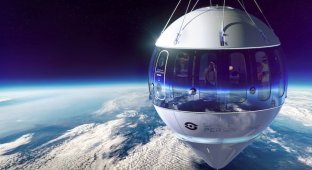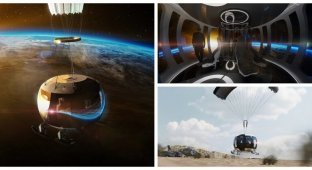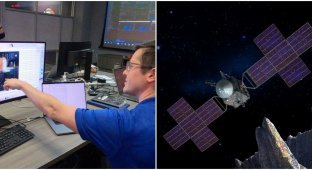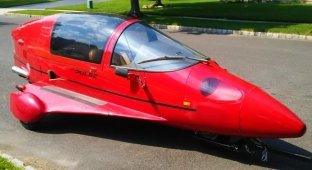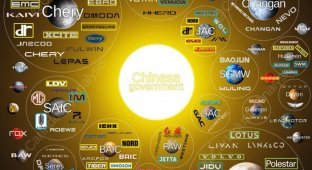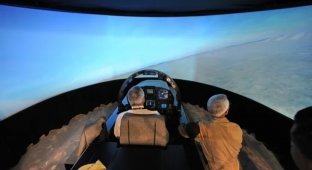What is "Kessler Syndrome" and Why Are Modern Scientists So Afraid of It (2 photos + 2 videos)
Congratulations, humanity in an attempt to make life easier for itself has completely polluted the Earth's orbit. 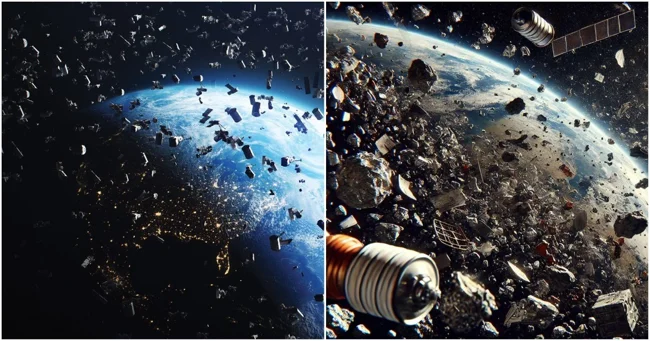
Let's start from the beginning, in 1978, NASA consultant Donald Kessler described in detail what would happen if humanity actively began to study near space and launched too many satellites into orbit around our planet. It's one thing to launch a satellite, and quite another when it suddenly breaks down or simply reaches the end of its service life. In theory, such small objects should burn up on their own in the Earth's atmosphere, delighting earthlings with beautiful views in the night sky. But, according to Donald's calculations, not everything was so rosy.
He believed that sooner or later humanity would launch that very last satellite, which would trigger the beginning of a space catastrophe. According to his calculations, the "domino principle" should work. Too many satellites would fail and become space debris, and that's when the fun would begin. 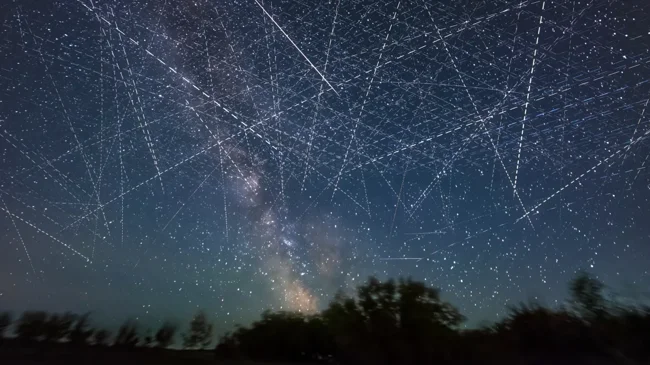
The debris in space would trigger a chain reaction: one explosion would throw out a trail of fragments, which, in turn, would crash into other space objects, creating even more debris. And in this drifting garbage dump, the remaining satellites would simply not be able to work, pieces of debris would constantly crash into them, quickly rendering them unusable. This is in general terms and very exaggerated.
So, 47 years later, this scenario is almost ready to come true. University of Arizona professor Vishnu Reddy and his colleagues calculated how many satellites and space technologies that provide our daily lives, including GPS instruments, as well as some broadband, high-speed Internet services and television services, have entered orbit over the past 10 years and became sad.
"The number of objects in space that we have launched in recent years has increased exponentially. The situation we have always feared is coming."
In addition to the fact that working satellites will be covered with a copper basin, space exploration from the Earth itself will become almost impossible due to the dense layer of debris accumulated in orbit.
Visualization shows objects orbiting the Earth with diameters exceeding 10 centimeters.
In November, debris threatened the ISS, and the station's trajectory had to be slightly changed to avoid a collision. The International Space Station has had to perform such maneuvers dozens of times since its first settlement in November 2000, and the risk of collisions increases every year.
If this does happen and everything in orbit breaks, then without human intervention, the self-cleaning process will end in about a hundred years, and it will be possible to litter all over again.
